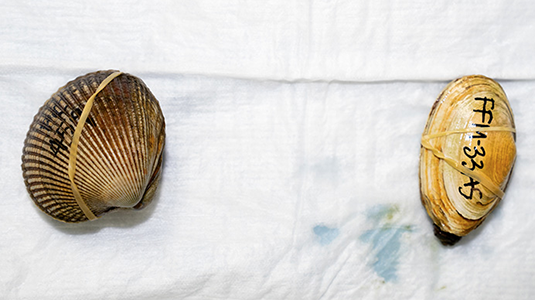Get ready for sunsets before 5
||| FROM KOMO NEWS |||
Well, it’s that time of year to say goodbye to afternoon light.
When Americans go to bed Saturday night, they will have an extra hour of sleep. Clocks will shift around the U.S. early Sunday morning at 2 a.m.
Seattle’s Sunday sunset will be at 4:47 p.m., but days will continue to shorten until the winter solstice on Dec. 21.
The yearly time change comes despite Washington lawmakers pushing to keep the state on permanent daylight saving time (DST).
Gov. Jay Inslee signed legislation in 2019 that would have allowed the state to shift to permanent DST.
But the Sunshine Protection Act has stalled at the federal level. Without Congressional approval, the legislation remains in limbo.
A University of Washington professor was among a coalition of sleep doctors pushing the federal government to get rid of DST last year.
Many people agree they do not like switching their clocks twice a year, whether they are springing forward or falling back. But, the main argument appears to be whether permanent standard time is the answer.
So why do we even have DST to begin with? Here are a few facts about the time switch.
Who had the idea to change the clocks? It depends on who you ask
The creation of DST is often credited to Benjamin Franklin, who first wrote about the idea in a letter to the editor of the Journal de Paris in 1784. Franklin merely suggested Parisians should wake up earlier to save money on lamp oil and candles, and more importantly, he wrote it as satire.
If you enjoy DST as we know it today, you can thank New Zealand scientist George Vernon Hudson, who presented a paper to the Wellington Philosophical Society in 1895 that proposed a two-hour shift forward in October and a two-hour shift back in March. Although there was interest in Hudson’s proposal, and he followed up on it with another article in 1898, the idea never came to fruition.
Fast forward to 1905, and a man named William Willett came up with the idea of moving the clocks forward in the summer to take advantage of the daylight in the mornings and lighter evenings. Willett’s idea was picked up by some lawmakers, who introduced legislation, but it was highly opposed, and Willett died in 1915 before his idea could become reality.
**If you are reading theOrcasonian for free, thank your fellow islanders. If you would like to support theOrcasonian CLICK HERE to set your modestly-priced, voluntary subscription. Otherwise, no worries; we’re happy to share with you.**








